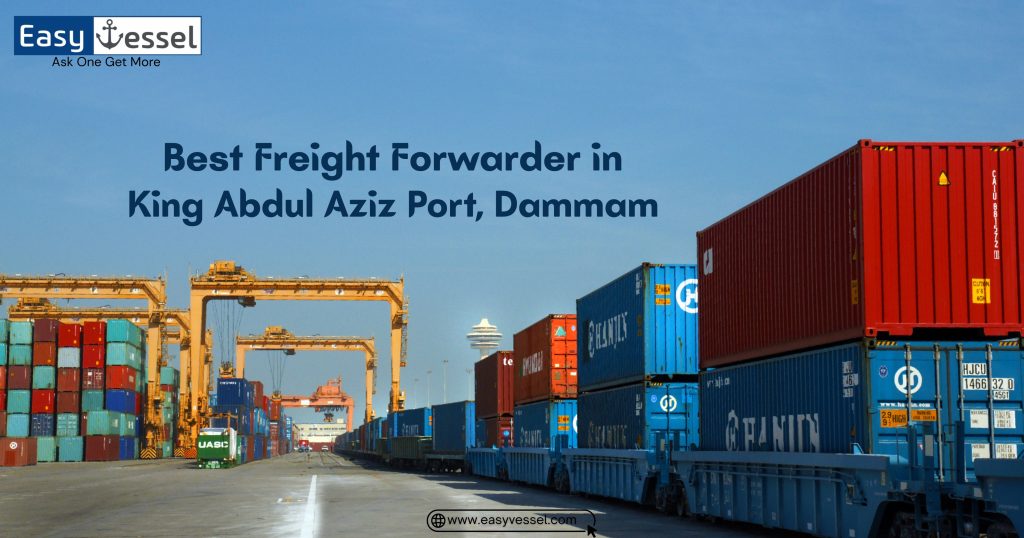- The Economic Survey of 2024 highlights significant advancements in India’s port infrastructure and maritime capabilities.
- In this blog, we’ll explore the key reforms and initiatives introduced in the Shipping Budget 2024, their expected impacts, and the opportunities they present for India’s maritime industry.
Key Components of Shipping Budget:
Here are 5 key components of shipping budget:
Expanding Port Capacity:
Indian ports are rapidly expanding to meet growing trade demands. Since 2014, major port capacity has nearly doubled, improving India’s global maritime competitiveness. The country now ranks 22nd in the International Shipments category of the World Bank Logistics Performance Index.
Reduced Container Turnaround Time:
The budget highlights a 50% reduction in container turnaround time between 2014 and 2023-24. This improvement enhances efficiency and reduces shipping costs, benefiting businesses and consumers alike.
Increased Capital Costs:
The union capital expenditure towards the ports, shipping, and waterways sector has grown by 27% between FY23 and FY24. This investment aims to modernize infrastructure and support the industry’s growth.
Ownership, Leasing, and Flagging Reforms:
The budget announces reforms to improve the share of the Indian shipping industry and generate employment. These reforms will facilitate easier ownership, leasing, and flagging of vessels; consequently, they will make the industry more competitive.
Customs Duty Removal:
To support vessel manufacturing, the budget removes customs duties on components and consumables for shipbuilding. Additionally, technical documentation and spare parts for warship construction are exempted from duties.
Impacts on the Shipping Industry
The Shipping Budget 2024 introduces several key reforms and investments that are set to have a substantial impact on India’s shipping industry:
Enhanced Maritime Competitiveness:
The expanded port capacity and reduced container turnaround time enhance India’s maritime competitiveness, making it a more attractive destination for global trade.
Growth in Shipbuilding and Repair:
The removal of customs duties on shipbuilding components and the reforms in ownership, leasing, and flagging are expected to revive the shipbuilding and repair industry; therefore, they will address the current challenges of low demand and outdated technology.
Boost to Agriculture and Farmer Support:
The provision of Rs 1.52 lakh crore for the agriculture sector and the introduction of 109 new crop varieties will support farmers and improve agricultural output. Focus on crops like mustard, groundnut, sunflower and soybean. The increased budget for farmers, along with initiatives such as the new Kisan Credit Cards and the PM Tribal Unnat Gram Abhiyan Yojana, will significantly enhance rural development and economic stability.
Opportunities and Challenges
The Shipping Budget offers a range of opportunities to boost India’s maritime industry:
Increasing Ship Tonnage: As India aims to become a $32 trillion economy by 2047, the need for more ships is critical. With 95% of trade volume through ships, increasing Indian tonnage is essential.
Green Shipping Initiatives: More than 70% of Indian vessels need replacement to comply with global green initiatives. This presents an opportunity for the shipbuilding industry to adopt eco-friendly technologies.
Financial Assistance and Policy Support: The Shipbuilding Financial Assistance Policy Scheme, launched to support Indian shipyards, has benefited 18 out of 39 registered shipyards. The Recycling of Ships Act, 2019, aims to set international standards for ship recycling.
Conclusion:
The Shipping Budget 2024 introduces significant reforms and investments to enhance India’s maritime industry. By focusing on infrastructure development and shipbuilding, the budget aims to create a robust and competitive shipping sector.
Frequently Asked Questions
The 2024-25 Budget aims to establish India as a global leader in maritime innovation, sustainability, and economic development. Consequently, the proposed shipping reforms are anticipated to create substantial job opportunities and enhance India’s maritime capabilities.
A shipping bill is a legal document required for exporting goods and details the shipment’s contents, value, and destination. For imports, the bill of entry replaces it.
The upcoming biggest port in India is the Vadhavan Port in Maharashtra.




